Effective but requires combination treatment
Based on modern scientific research, music helps reduce anxiety, improve mood and enhance quality of life in many patients.
Specialist Doctor Dinh Hoang Duc, Department of Neurology - Stroke, Gia An 115 Hospital, said that people with cardiovascular disease often have more stable blood pressure and feel less anxious when listening to music. In people with depression, music therapy when combined with standard treatment helps to significantly reduce the symptoms of the disease.
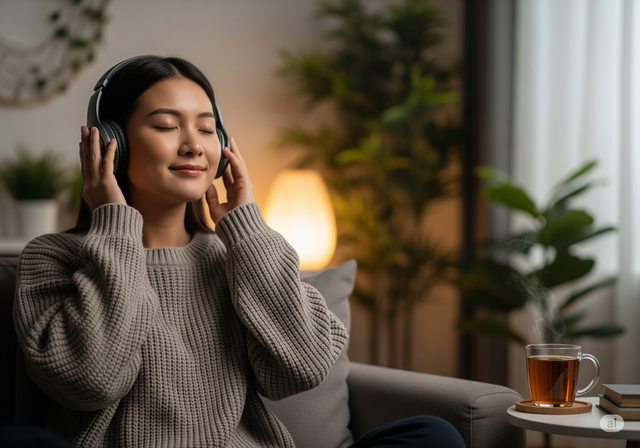
Music can slow the heart rate, lower blood pressure and reduce stress hormone levels
PHOTO: AI
“When listening to a suitable piece of music, the brain releases dopamine, endorphins, oxytocin - the 'happy hormones' - which help us feel relaxed. Music can also slow down the heart rate, lower blood pressure and reduce cortisol levels - a stress hormone. In addition to biological effects, music also helps distract attention, making listeners less focused on pain or anxiety. Therefore, the pleasant feeling when listening to music is a result of a combination of neuro-endocrine, psychological and personal experience effects,” Dr. Hoang Duc explained.
A recent meta-analysis published in The Lancet eClinicalMedicine (UK) in June 2025, confirmed that music is effective in reducing anxiety in many different clinical settings.
According to Dr. Hoang Duc, the treatment of neuropsychiatric diseases requires multimodality such as psychotherapy, medication, transcranial magnetic stimulation, etc., and music is one of the supportive methods to help patients improve their condition.
However, music cannot be considered a substitute for medication or psychotherapy. Instead, it is a “bridge” to help patients cooperate better with treatment, with the advantages of being safe, easy to access, and low cost.
The trend of “going inward” to heal
In recent years, due to increasing pressure and career competition - especially among young people - many people tend to "return inside" to heal through different methods: physical activities (yoga, pilates, meditation), relaxation combined with entertainment (massage, sauna, tea ceremony) and especially choosing music as a way to restore and nourish the spirit.
In addition to musicians who specialize in this genre of music, many artists and organizations have also begun to try their hand at launching healing shows, releasing profound songs with positive messages, targeting the human soul to meet the need for "healing from within".
Ms. TSSU (23 years old, office worker, in Ho Chi Minh City) shared: “I often have headaches and insomnia due to work pressure, so I have a habit of listening to music to relax my mind. I often choose gentle, slow-paced genres, listening to them both while working and before going to bed. Although I cannot completely get rid of stress, at least my temple pain is relieved and my working state is better.”
In addition, Ms. TVTS (28 years old, freelance, Ho Chi Minh City) confided that she “likes listening to instrumental music with natural elements such as the sound of rain, wind or ocean waves” because it helps her sleep better at night. At the same time, Ms. S. added that she has gradually become fond of songs “with simple, gentle lyrics, aimed at healing the soul” because it makes her mood become positive.
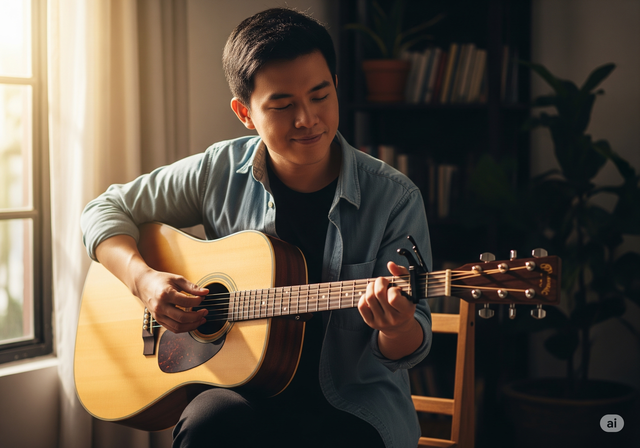
People can practice playing musical instruments to train motor-cognitive coordination, which is very beneficial for neurological recovery after stroke or dementia.
Photo: AI
Doctor Hoang Duc said that using music to support health needs to be personalized for each person or each specific disease, from which the appropriate genre, frequency and rhythm are selected:
Insomnia : Listen to slow, wordless music at moderate volume for 20-30 minutes before going to bed.
Stress : Soft classical music, meditation music or nature sounds often work well.
Stress headaches : Can be treated with music with a clear rhythm, which helps to "adjust" the brain's biological rhythm.
However, it is important to listen to your body's reactions. If listening to music makes you feel restless or uncomfortable, it is best to stop listening.
“The healing effects of music in general do not come from passive listening. Singing also helps patients regulate their breathing, increase oxygen and release emotions. People can practice playing musical instruments to train motor-cognitive coordination, which is very beneficial for neurological recovery after stroke or dementia. Music communities also have the effect of bringing a sense of social connection, reducing loneliness, thereby helping to reduce the risk of depression and cognitive decline,” Dr. Hoang Duc added.
Source: https://thanhnien.vn/am-nhac-chua-lanh-thuoc-giam-dau-tinh-than-hay-cong-cu-can-thiep-y-te-185250824212412135.htm




![[Photo] Many people eagerly await the preliminary review despite heavy rain](https://vphoto.vietnam.vn/thumb/1200x675/vietnam/resource/IMAGE/2025/8/27/4dc782c65c1244b196890448bafa9b69)
![[Photo] Brilliant red of the exhibition 95 years of the Party Flag lighting the way before the opening](https://vphoto.vietnam.vn/thumb/1200x675/vietnam/resource/IMAGE/2025/8/27/e19d957d17f649648ca14ce6cc4d8dd4)


![[Photo] Prime Minister Pham Minh Chinh chairs meeting of National Steering Committee on International Integration](https://vphoto.vietnam.vn/thumb/1200x675/vietnam/resource/IMAGE/2025/8/26/9d34a506f9fb42ac90a48179fc89abb3)
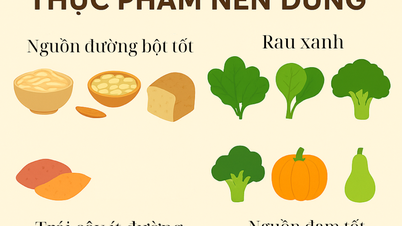
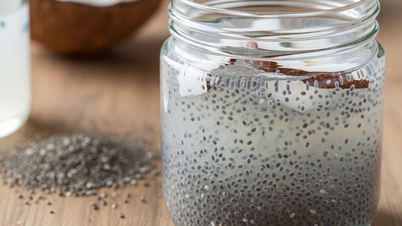


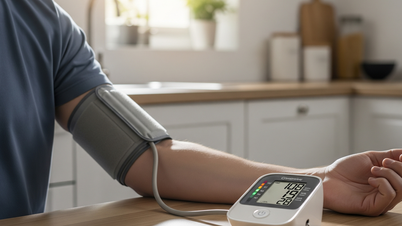



















































![[Photo] General Secretary To Lam attends Meeting with generations of National Assembly deputies](https://vphoto.vietnam.vn/thumb/402x226/vietnam/resource/IMAGE/2025/8/27/a79fc06e4aa744c9a4b7fa7dfef8a266)































Comment (0)